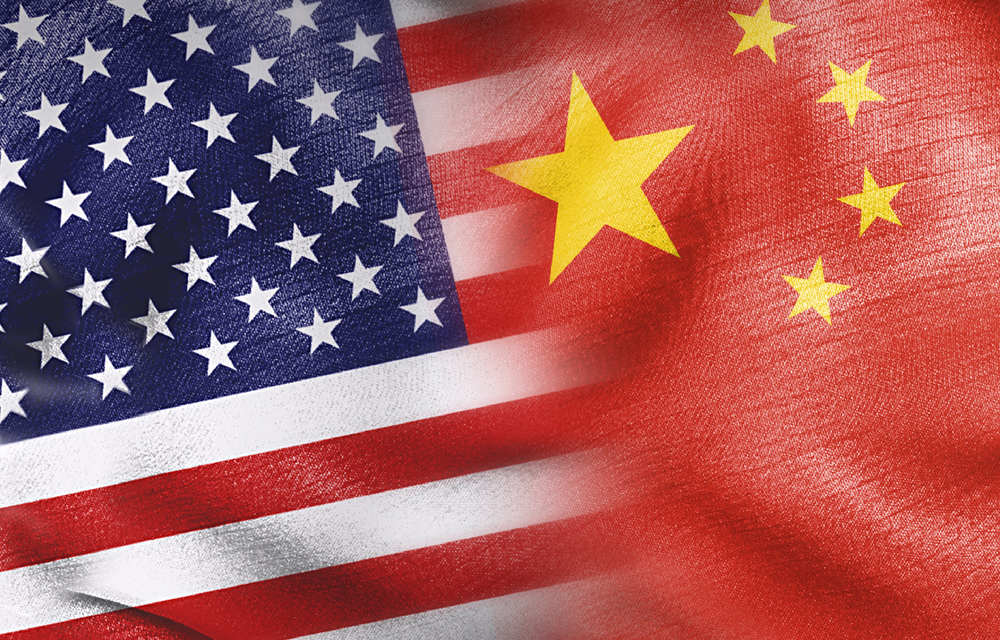Kaspersky Lab Has Been Working With Russian Intelligence
A recent AP story notes that senior U.S. intelligence officials do not recommend Kaspersky's anti-virus products. Attempting to rebut the concern, Eugene Kaspersky has offered to allow the inspection of the source code of his anti-virus products. For reasons that Herb Lin ably outlines, that offer is inadequate to establish the lack of Russian government influence.
Published by The Lawfare Institute
in Cooperation With

A recent AP story notes that senior U.S. intelligence officials do not recommend Kaspersky's anti-virus products. Attempting to rebut the concern, Eugene Kaspersky has offered to allow the inspection of the source code of his anti-virus products. For reasons that Herb Lin ably outlines, that offer is inadequate to establish the lack of Russian government influence. But extrinsic evidence of that influence is scarce on the ground -- leaving Kaspersky with a signficiant degree of plausible deniability.
All of which makes this news report from Bloomberg especially interesting. Here is the the nut graf:
While the U.S. government hasn’t disclosed any evidence of the ties, internal company emails obtained by Bloomberg Businessweek show that Kaspersky Lab has maintained a much closer working relationship with Russia’s main intelligence agency, the FSB, than it has publicly admitted. It has developed security technology at the spy agency’s behest and worked on joint projects the CEO knew would be embarrassing if made public.
On a day when email evidence seems to be all the rage, this story should not get lost in the shuffle.
[UPDATE: Kaspersky has now published a response. Here is the link.]





